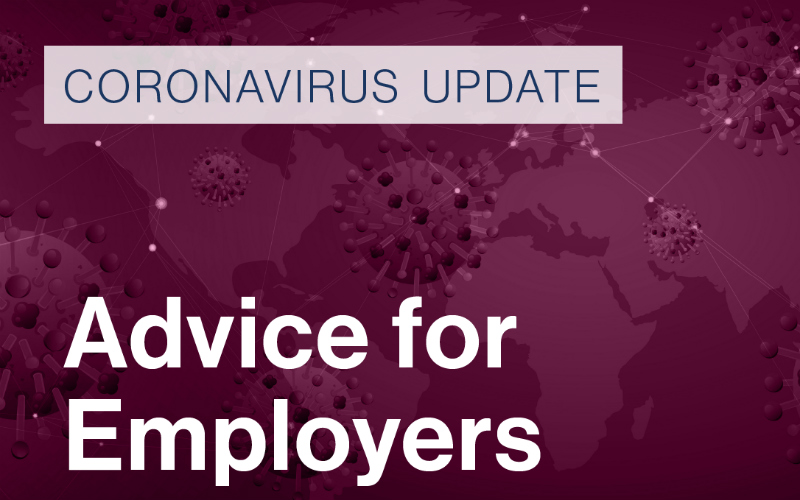
Today, the Chancellor announced the UK Government’s plans to introduce a new “Job Support Scheme” from November 2020 to April 2021. The new scheme will be the successor to the Coronavirus Job Retention Scheme, due to end as previously announced on 31 October 2020. While formal guidance has yet to be issued, the Government has released a factsheet setting out the proposal in further detail, available here.
Eligibility: what do we know so far?
According to the factsheet, the Job Support Scheme [“JSS”] will be open, subject to certain financial conditions discussed below, to all employers with a UK bank account and PAYE scheme. It is not dependent on prior use of the Job Retention Scheme. In order words, even employers who have never furloughed an employee before can use the JSS when it becomes available.
Financial conditions will apply to large businesses only, who will require to carry out a financial assessment test before the JSS is made available to them. The goal of this test is to apparently limit the JSS to all small and medium enterprises, and only those large businesses whose turnover has been adversely impacted by the pandemic. No details as to what this financial assessment will look like have been provided, although the factsheet specifies that ongoing capital distributions will be at odds with access to the JSS. We are also awaiting clarification as to which employers the Government will classify as large businesses for this purpose.
In terms of employee eligibility, the conditions mirror those of the Job Retention Scheme: to be eligible, employees must be on the employer’s PAYE payroll on or before 23 September 2020 and have submitted an RTI submission to HMRC in respect of that employee before this date. Crucially, however, the JSS will not be limited to those who have previously spent time on furlough, so the current restrictions on seeking support for new and non-furloughed staff will not apply to the JSS.
Grants under the Job Support Scheme: what is being offered?
The cusp of employee eligibility will be in the hours they work, and indeed the whole purpose of the JSS appears to be to encourage short-time working as an alternative to redundancy. In this regard, the factsheet specifies:
“For the first three months of the scheme the employee must work at least 33% of their usual hours. After 3 months, the Government will consider whether to increase this minimum hours threshold. Employees will be able to cycle on and off the scheme and do not have to be working the same pattern each month, but each short-time working arrangement must cover a minimum period of seven days.”
For the first 3 months of the JSS, employers must ensure the employee is working at least 33% of their “usual hours” to be paid at their “normal contracted wage”. The remaining two thirds of the employee’s normal hours will be split between the employer and the Government, who will pay one third each of the remaining unworked hours, with the rest going unpaid. The Government contributions will be capped at £697.92 per month and this will not include national insurance or pension contributions.
The same issues arise as were faced by the Job Retention Scheme, in determining what exactly “usual hours” and “normal contracted wage” will include. The same methodology for calculating hours and wages under the Job Retention Scheme will apparently apply, but more detailed guidance will be required to know exactly how this will work.
As it stands, it is anticipated that the claims portal will be available from December 2020, with payments being made in arrears on a monthly basis.
Further issues requiring guidance
Per the factsheet, employees cannot be made redundant or put on notice of redundancy during a claim period under the JSS. This is a marked difference from the Job Retention Scheme. We await further details to know exactly how this will work in practice, but redundancy will presumably jeopardise the employer’s claim and may result in HMRC seeking reimbursement of grants. Practically this will be challenging for employers to manage given the uncertainty of the current situation. Employers will need to carefully assess their future viability of any roles they claim for under the JSS.
Further, short-time working arrangements will, according to the factsheet, be subject to the normal rules of employment law. This means employee agreement will be required before any new working pattern can be put into place. The factsheet is silent on contracts which already contain a short-time working clause.
Detailed guidance is expected to be published in due course.
For more information contact Chris or any member of the Employment team on 03330 430350.
